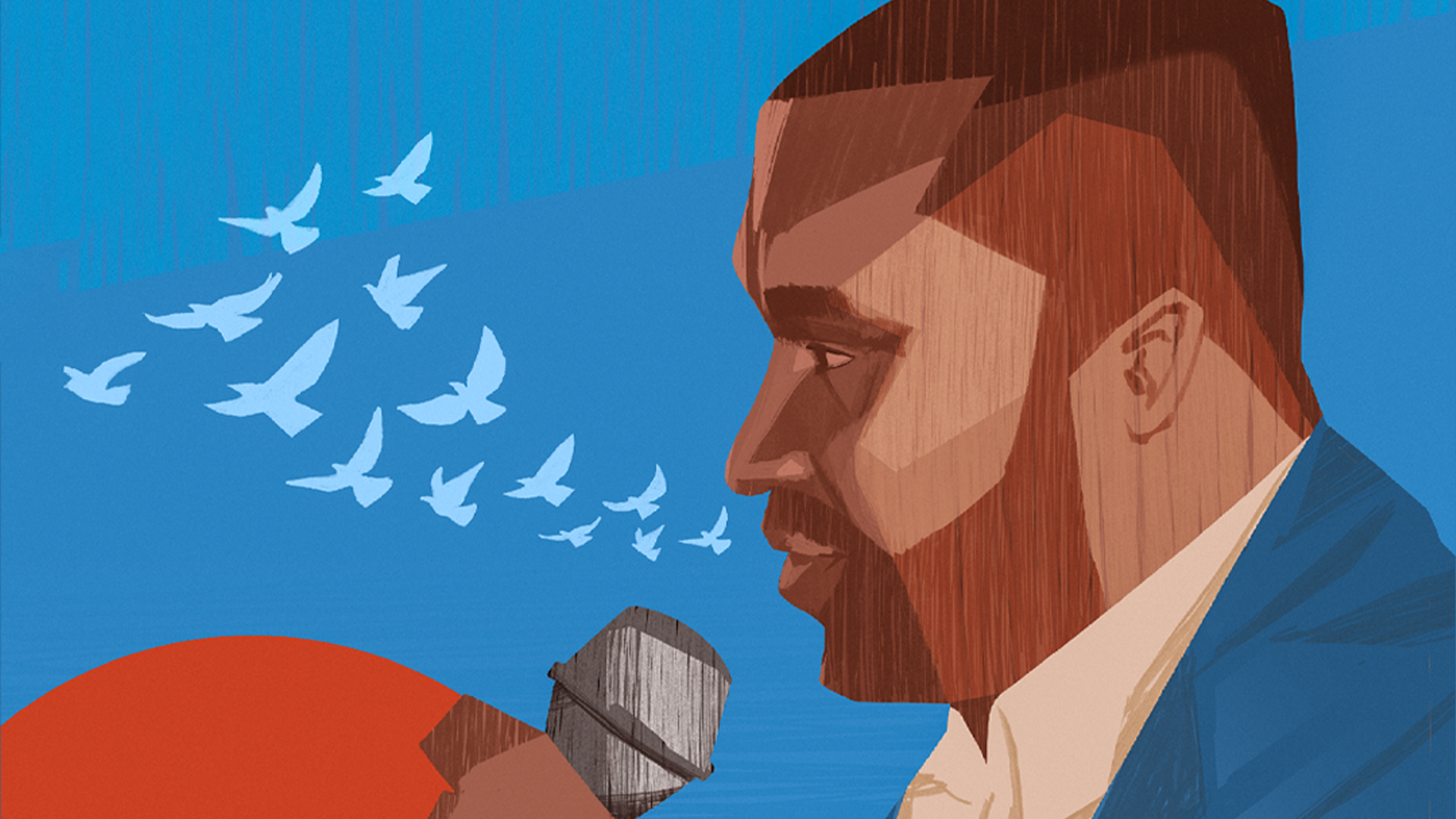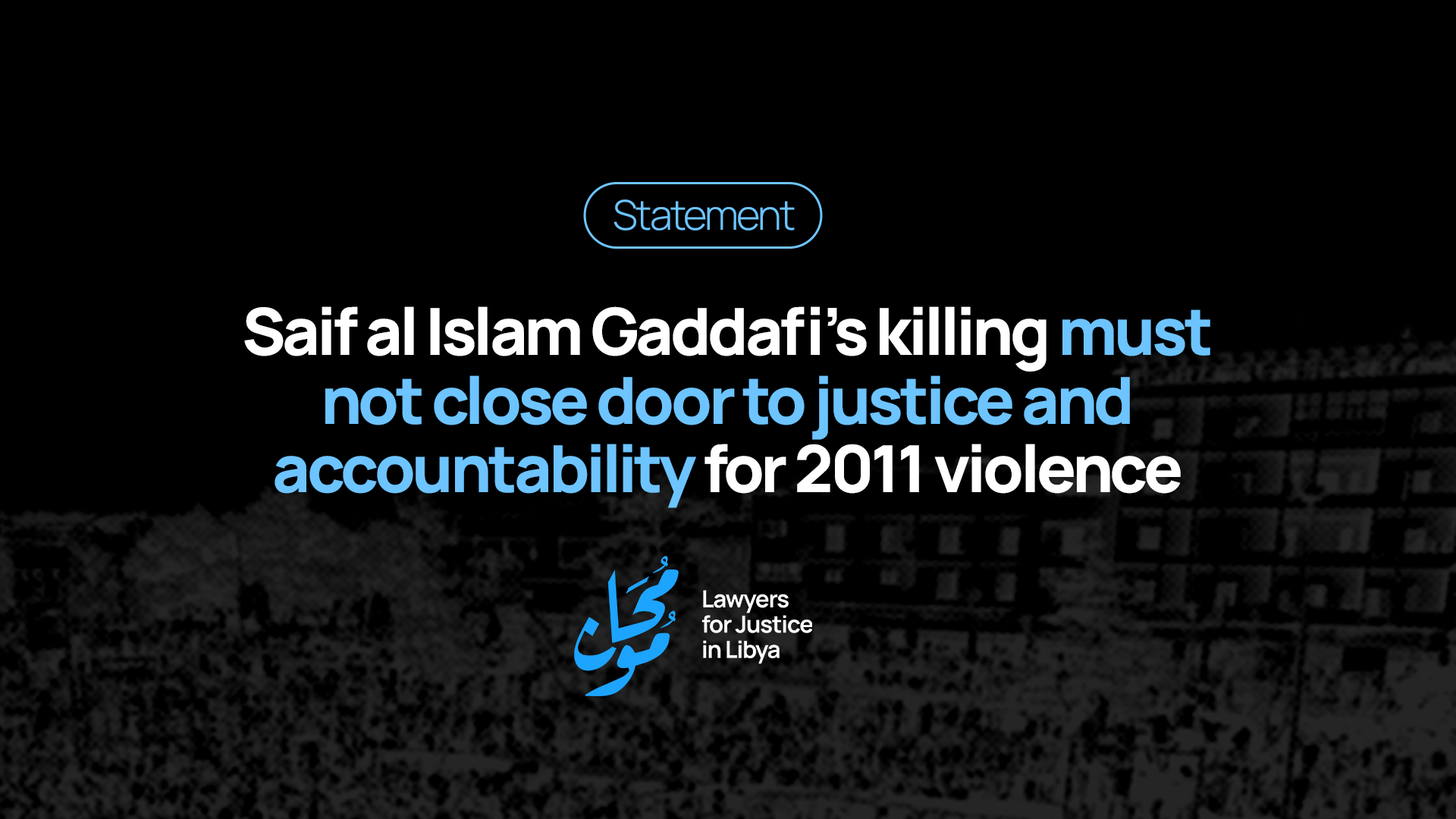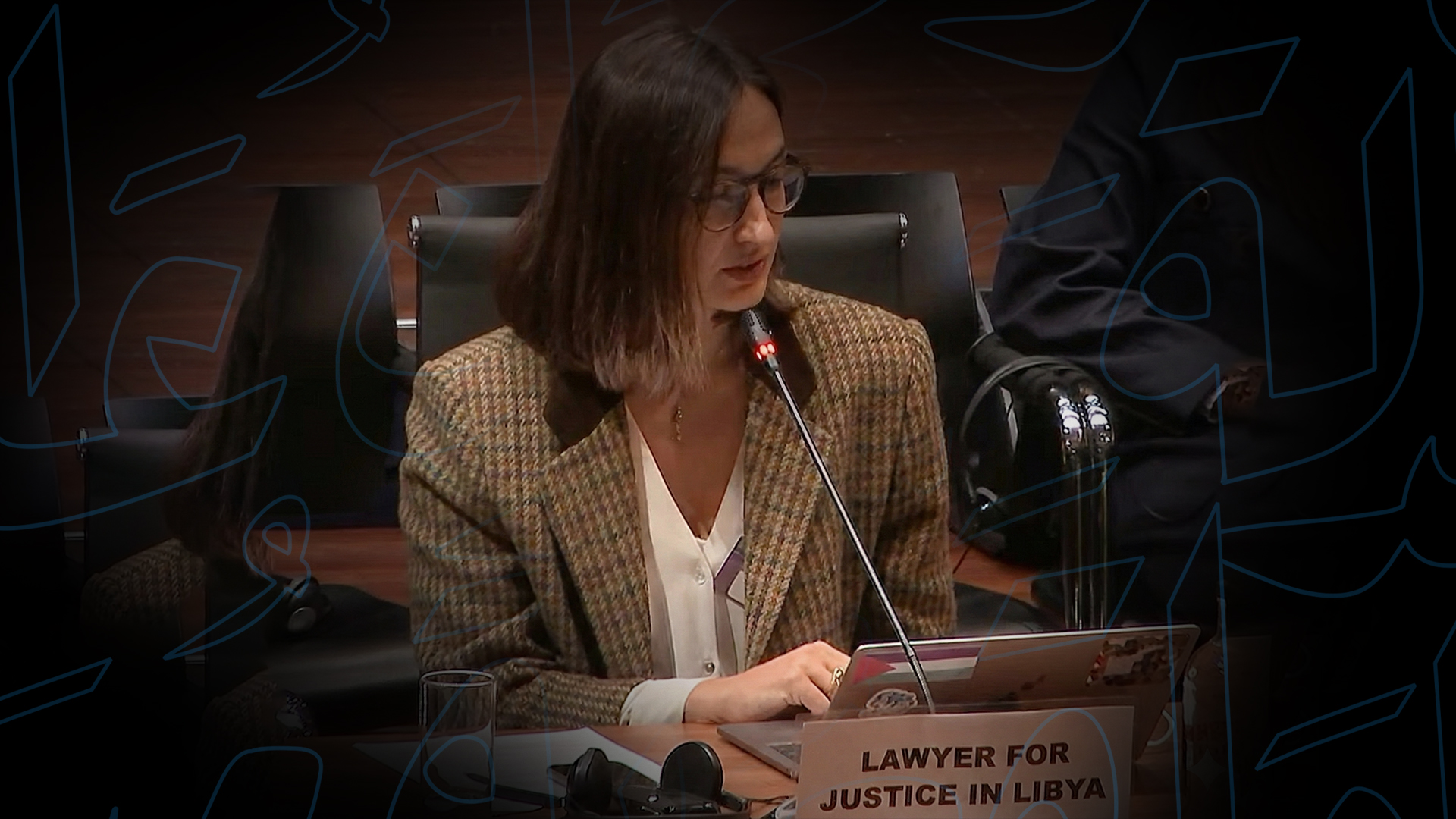Lawyers for Justice in Libya welcomes Tawerghan decision to return home
On Thursday 9th May, Tawerghan community leaders issued a statement asserting their decision to peacefully return home on 25th June. They appealed to the government and international organisations for support and protection during this transition. Acknowledging the right of internally displaced persons (IDPs) to return safely to their homes, Lawyers for Justice in Libya (LFJL) welcomes their decision.
Tawerghans were forced to flee from their homes during intense fighting in August 2011. The population of the town, near Misrata, were accused of supporting Gaddafi during the revolution. As a result of the conflict and retaliatory attacks, many Tawerghans remain homeless. UNHCR reports that of the 65,000 to 80,000 IDPs in Libya, there are 20,000 Tawerghans registered in LibAid sites around the country and another 7,000 were found living near Sebha.
Many of the Tawerghans remain in makeshift camps or inadequate shelter and have often become the focus of revenge attacks, labelled as ‘wanted’ individuals. In July 2012, LFJL condemnedtargeted attacks on Tawerghans, such as that on a camp housing Tawerghans near Benghazi. The Tawerghan community has been repeatedly threatened, subjected to extra-judicial killings and militias have held many in arbitrary detention. The city now lies almost completely abandoned, heavily looted and vandalised.
The level of destruction of the city of Tawergha and the mass displacement of its people could amount to war crimes and crimes against humanity according to the Rome Statute of the International Criminal Court, which has complimentary jurisdiction over such crimes committed in Libya. Under the Rome Statute, the deportation or forcible transfer of a population constitutes a crime against humanity, as does persecution against any identifiable group or collectively on political, racial, ethnic or cultural grounds. Further, the treatment of the Tawerghans and the actions directed against them may also form a number of war crimes including:
- wilful killing;
- the extensive destruction and appropriation of property, not justified by military necessity and carried out unlawfully and wantonly; and
- wilful deprivation of the right to a fair and regular trial.
LFJL acknowledges the rights of IDPs, such as the Tawerghans to return to their homes safely. IDPs are entitled to fundamental human rights of self-determination, freedom of expression, security, justice and freedom of movement. The right not to be subjected to arbitrary or unlawful interference with one’s privacy, family, home or correspondence, nor to unlawful attacks on his honour and reputation, is recognised in the International Covenant on Civil and Political Rights to which Libya is a state party, and may be of particular relevance to Tawerghans and other IDPs in Libya.
LFJL calls on the General National Congress (GNC) and the Libyan government to consult with and support the Tawerghans, as well as other IDPs in Libya, and recognise their responsibility under international law to provide safe transit, provisions and assistance throughout their journey and reestablishment. Whilst all parties must acknowledge the prospect that the safe reestablishment of all IDPs to their homes may take time, the Libyan government must take urgent steps to address this issue through the creation of a national policy.
LFJL Director, Elham Saudi, said “Libya must pursue its future on a solid grounding of equality, justice and respect for the rule of law and human rights. Ensuring the safe return, protection and support of Tawerghans will greatly contribute to this effort and is vital to a successful attempt at national reconciliation.”
Libya has yet to sign up to key conventions such as the Rome Statute, the African Union Kampala Convention for the Protection and Assistance of Internally Displaced Persons in Africa, the UN Guiding Principles on Internal Displacement and the UN Convention Relating to the Status of Refugees and its Protocol. “The Libyan government must show its commitment to protecting the rights of all individuals in Libya during this pivotal phase, not only by signing on to these critical international treaties, but also in action and policy,” added Saudi.





